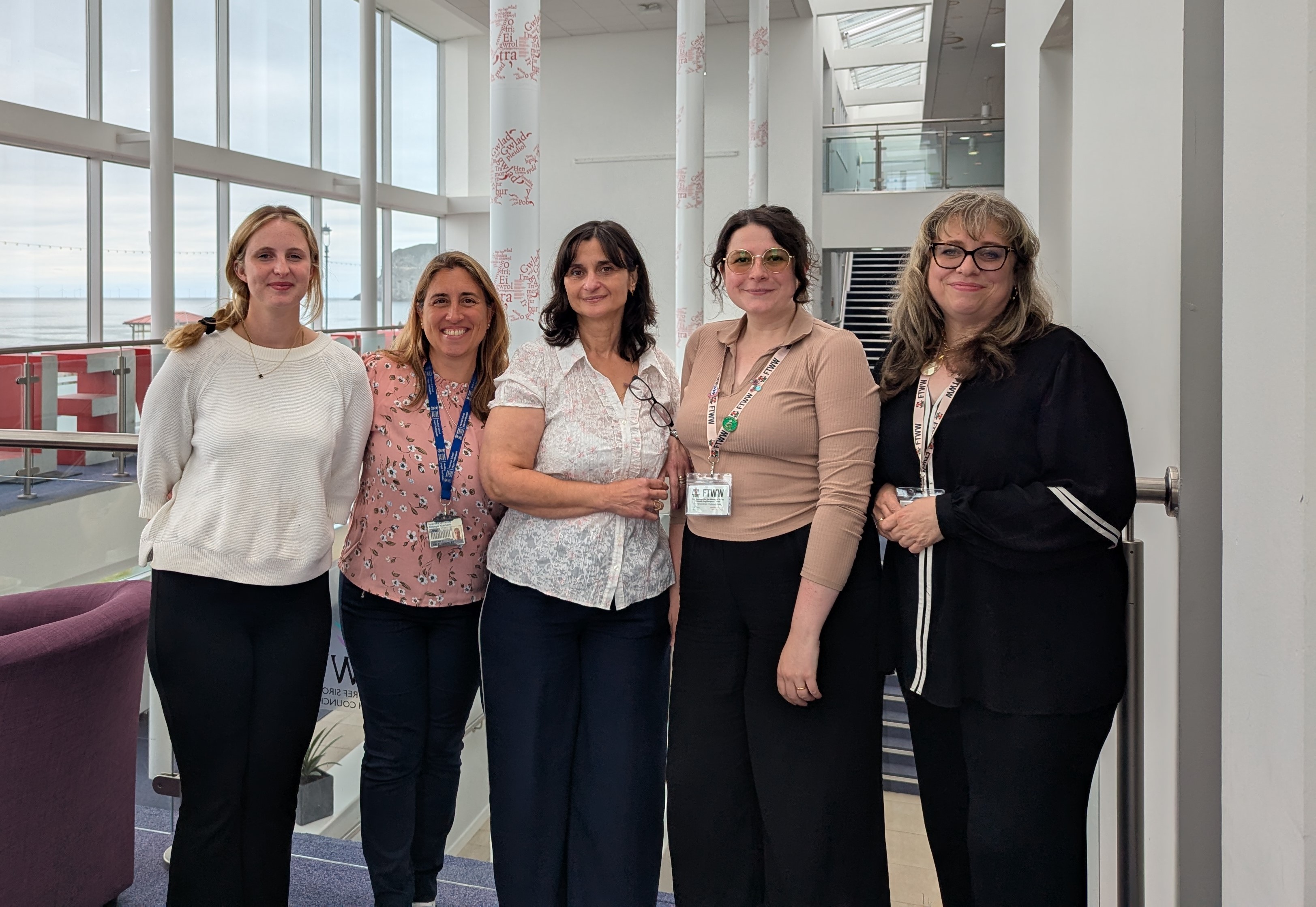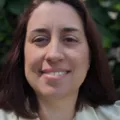The CARI-O project (Cancer-Associated Risk of Osteoporosis) received funding from the Innovation in Women’s Cancer Accelerator Fund, a collaborative scheme run by the Academy of Medical Sciences and Life Sciences Hub Wales. Our latest blog explores the project and how they’re using the funding to develop innovative solutions to improve life for women affected by cancer.

When most people think about women’s health, bone health rarely comes to mind. Yet strong, healthy bones are the foundation for living well at every age. Cancer treatments, hormonal changes during menopause, and certain long-term medications can all silently weaken bones, increasing the risk of osteoporosis - a condition that can lead to painful fractures and a loss of independence.
The CARI-O project is tackling this often-overlooked issue head-on. Our mission is to empower women across Wales to understand their bone health, take practical steps to protect it, and help co-develop a new home-based biosensor that could make bone health monitoring easier and more accessible in the future. By working alongside women to design and refine this prototype, we’re creating a tool shaped by real experiences and real needs.
Listening to women across Wales
CARI-O is led by Professor Deya Gonzalez at Swansea University, working closely with Professor Lavinia Margarit at Cwm Taf Morgannwg University Health Board, Dr Paul KoFerrigno at Eclateral Ltd (the company developing the biosensor), patient representatives Debbie Shafter and Isabel Linton from Fair Treatment for Women in Wales (FTWW), and healthcare technology experts Dr Matthew Lawrence and Dr Siôn Charles from TRITECH/ARCH.
Using funding from the Innovation in Women’s Cancer Accelerator Fund, we began by engaging directly with women, because their experiences are at the heart of this project. Two in-person focus groups have already taken place, one in Bridgend in South Wales with women who had been treated for gynaecological cancers, and another in Llandudno in North Wales with women living with multiple conditions and at risk of osteoporosis.
During these sessions, participants had the opportunity to see the home biosensor in action and reviewed educational resources designed to explain bone loss risk and highlight preventative lifestyle changes. Discussions ranged from diet and exercise to the side effects of certain medications. Many women said they left with practical tips to protect their bone health, and their feedback is helping us improve the way we communicate these messages.
We also recognised that not all women can travel to in-person sessions, especially those who are housebound or live in remote areas. To ensure their voices are heard, we’re now preparing two online focus groups, giving every woman the chance to learn, share, and participate.
What women shared with us
The conversations were honest and insightful, giving us a much clearer understanding of women’s needs and experiences. Many participants felt that home testing could be a real game-changer. Checking their bone health without leaving the house would save time, energy, and long trips to the hospital, which is particularly valuable for women living in rural areas.
Accessibility also emerged as an important theme. Women who don’t use smartphones or feel less confident with technology emphasised the need for clear, simple instructions and even suggested practical ways to make the platform easier for everyone to use.
Some participants also highlighted how the biosensor could support women in care homes, allowing regular monitoring and early detection of potential problems without the need for repeated clinic visits. A few even imagined how this kind of platform could be adapted in the future to monitor other health conditions, making it a valuable tool for wider community health.
Confidence and clarity were recurring themes throughout. Seeing the biosensor in action reassured women that they could use it independently.
Lifestyle changes were another major focus of the discussion. Participants learned that protecting their bone health goes beyond regular exercise and involves paying close attention to diet and vitamin intake. A calcium-rich diet is essential for maintaining bone strength, while vitamin D supplementation plays a critical role in helping the body absorb calcium effectively. This is especially important in the UK, where natural sunlight is limited during the darker winter months, making it difficult to get enough vitamin D from sunlight alone.
These conversations about practical lifestyle steps gave many women a renewed sense of empowerment. By understanding the direct impact that daily choices like food, supplements, and activity can have on bone strength, participants felt more in control of their bone health and better equipped to make changes that could protect them in the long term.
Turning insight into innovation
CARI-O is not just about technology; it’s about building a pathway for real-world impact.
Women’s feedback is shaping the biosensor’s design and usability, while Dr Matthew Lawrence is carrying out a cost and pathway evaluation to determine how the device could be integrated into NHS services. In parallel, my laboratory is working to validate additional blood-based biomarkers for osteoporosis, strengthening the scientific foundation for the biosensor and ensuring its readings are accurate and clinically meaningful.
By combining patient insight, rigorous research, and health system planning, we’re using the seed funding from the Innovation in Women’s Cancer Accelerator Fund to create a roadmap for home-based bone health monitoring that’s accessible, inclusive, and sustainable.
Join the journey
The next stage of CARI-O will see us completing our online focus groups, refining the biosensor platform, and working with healthcare decision-makers. Our online sessions will ensure women in remote or housebound situations can share their experiences and gain knowledge about osteoporosis and prevention strategies.
If you’d like to learn more, join a focus group, or get involved in future women’s health research, we’d love to hear from you. Please contact me directly at: d.gonzalez@swansea.ac.uk or visit Swansea University’s RBGO group webpage to explore more of our work.
Author:
Professor Deya Gonzalez leads translational research in women’s health and cancer at Swansea University. Her work focusses on patient centred innovations, including early detection tools, home monitoring technologies and the development of targeted therapies for gynaecological cancers.

